Teachers & Educators
Materials and guides for educators in formal and non-formal education.
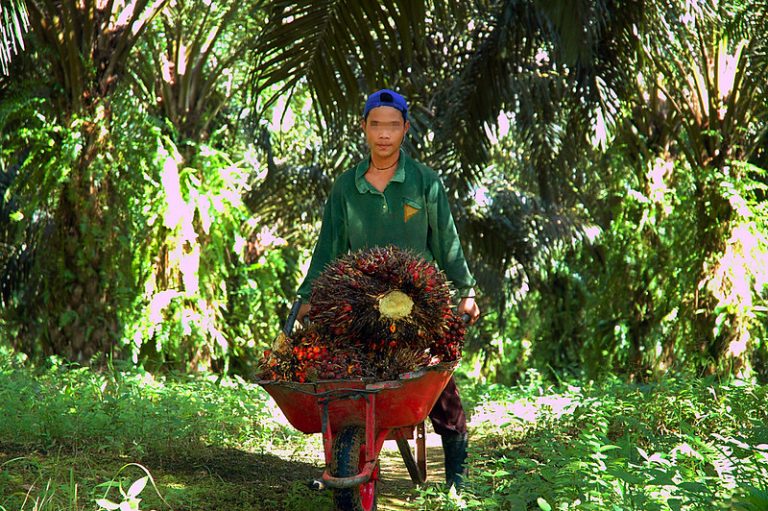
Teaching update – Chocolate, Choice and Child Labour
A summary for teachers and educators with key ideas, debates and activities relating to the chocolate industry, ethical food production such as Fairtrade and the ongoing realities of child labour in the cocoa trade, by Colm Regan
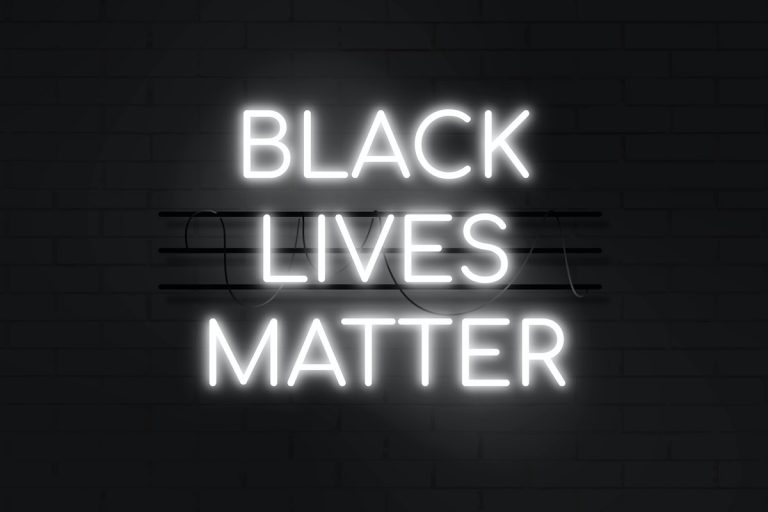
‘What matters?’ A guide to anti-racism education
2020 has been a year like no other, in particular as a result of the Black Lives Matter movement in the US and its subsequent impact on race issues globally. Toni Pyke unpacks the moment and presents an educator’s guide, having witnessed the realities of racial segregation in South Africa.
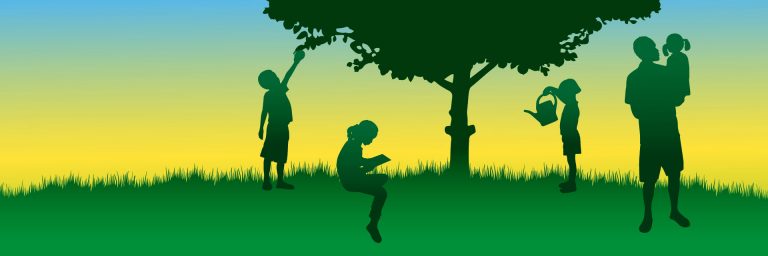
Read, watch, act – teaching ideas on World Food Day
Quick-fire activities and videos to get you started on teaching the issues, the debates and key ideas around World Food Day, by Toni Pyke
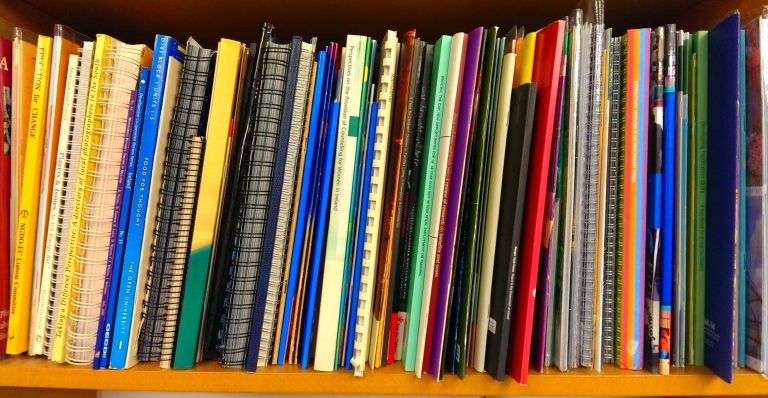
Roundup – creating effective development education resources for adult and community sector education learning spaces
A round-up of ideas, trends and entry points for anyone interested in producing Development Education / global citizenship education resources in adult and community education contexts

10 ideas to continue your global citizenship journey – Part 3
Covid-19 highlights the importance of our Global Citizenship and Development Education. A 3-part series.
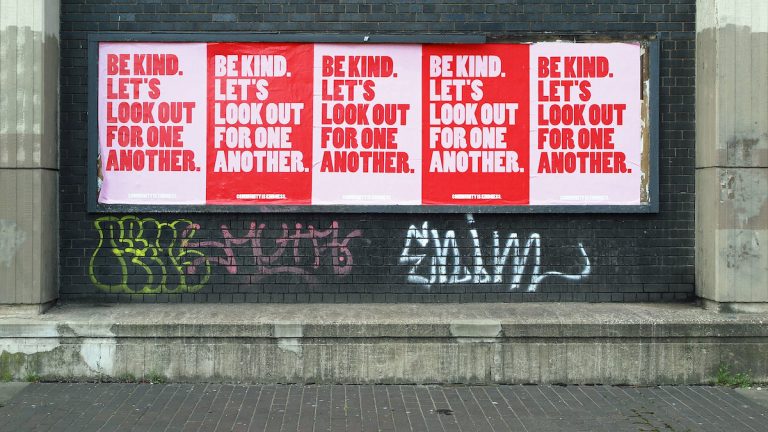
10 ideas to continue your global citizenship journey – Part 2
Covid-19 highlights the importance of our Global Citizenship and Development Education. The second in a 3-part series, Colm Regan introduces 3 teaching strategies for adapting and exploring with learners
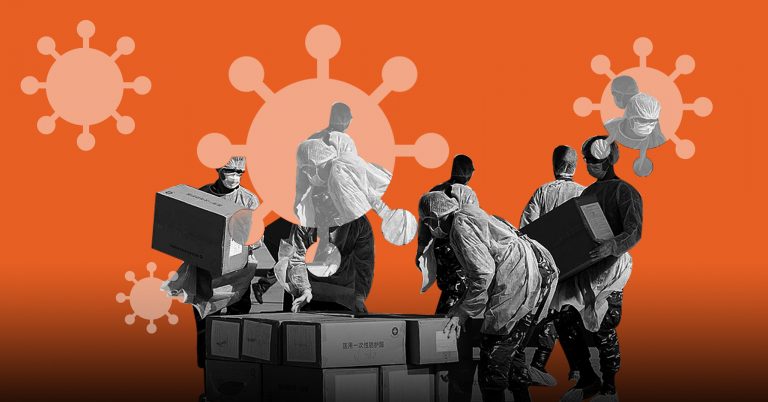
10 ideas to continue your global citizenship journey – Part 1
Covid-19 highlights the importance of our Global Citizenship and Development Education. The first in a 3-part series, Colm Regan introduces 3 teaching strategies for adapting and exploring with learners
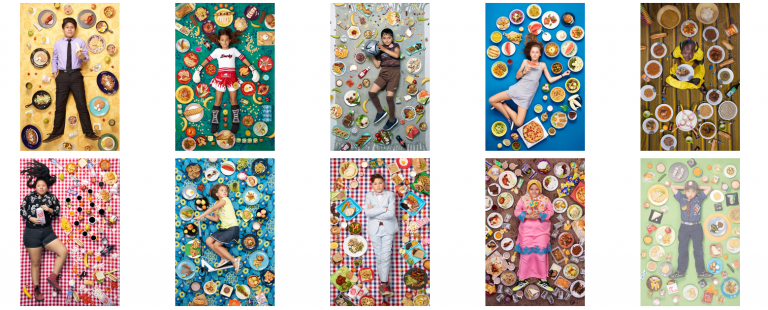
Bringing World Food Day to the classroom
Ciara Regan introduces five quick-fire activities to get you started on teaching the issues, the debates and key ideas around World Food Day on October 16th.
